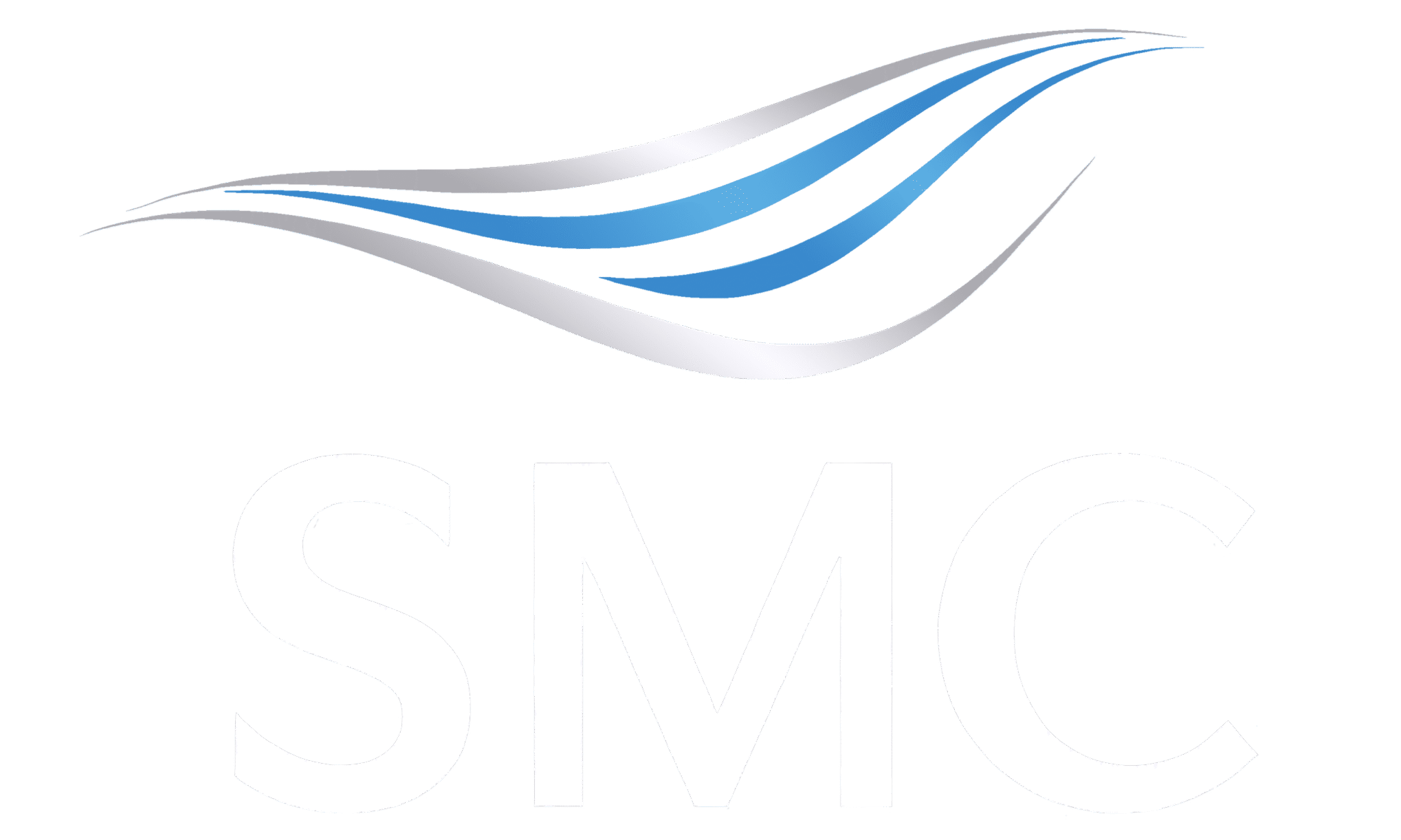Managing rental properties can be a rewarding yet challenging endeavor. Whether you’re overseeing a single-family home, an apartment complex, or vacation rentals, effective management is crucial for maximizing profitability and ensuring tenant satisfaction. Here are some essential tips for rental managers to streamline operations and enhance their rental business.
- Understand the Local Market: Stay informed about the rental market trends in your area. Analyzing local rental prices, vacancy rates, and the demand for specific types of properties will help you price your rentals competitively and attract the right tenants.
- Screen Tenants Thoroughly: Finding reliable tenants is vital for maintaining consistent rental income. Conduct thorough background checks, including credit history, criminal record, and rental history. This will help you identify responsible tenants who are likely to pay rent on time and take care of your property.
- Utilize Technology: Take advantage of property management software to streamline your operations. These tools can help you keep track of rental payments, maintenance requests, and tenant communication, making your job more efficient and organized.
- Maintain Open Communication: Establish clear lines of communication with your tenants. Be accessible and responsive to their concerns and inquiries. This fosters a positive relationship and can lead to higher tenant retention rates.
- Implement Regular Maintenance: Perform regular inspections and maintenance on your properties to address issues before they become significant problems. This not only keeps your property in good condition but also improves tenant satisfaction.
- Keep Abreast of Legal Requirements: Familiarize yourself with local landlord-tenant laws and regulations. This knowledge will help you navigate lease agreements, security deposit regulations, and eviction processes. Ensuring compliance protects you from legal issues and maintains your reputation.
- Create Detailed Lease Agreements: A well-drafted lease agreement sets clear expectations for both you and your tenants. Include important terms such as rent due dates, maintenance responsibilities, and rules regarding pets or subletting. Having a solid lease reduces misunderstandings and disputes.
- Plan for Vacancies: Vacancies are an inevitable part of rental management. Have a plan in place for marketing your properties to reduce downtime. This could include using online listings, social media marketing, or working with real estate agents.
- Foster a Sense of Community: If managing multiple units, consider creating a sense of community among your tenants. Organize occasional events or newsletters to encourage interaction. Happy tenants are more likely to renew their leases and recommend your properties to others.
- Continuously Educate Yourself: The real estate market is ever-evolving, so continuous education is key. Attend workshops, webinars, and industry conferences to stay updated on best practices and new strategies in rental management.
By implementing these tips, rental managers can create a more efficient, profitable, and tenant-friendly operation.
Happy renting!


